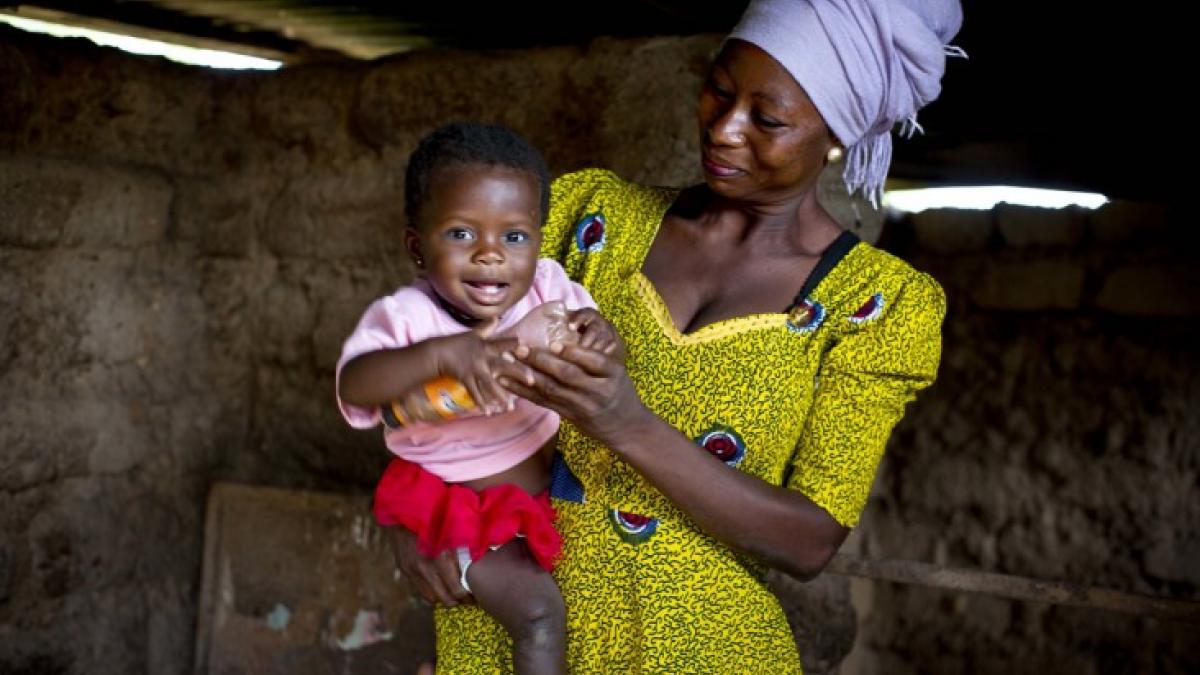MOMENTUM Country and Global Leadership (MCGL)

Networks of Practice Evidence Translation
June 15, 2023Careers
July 6, 2023MOMENTUM Country and Global Leadership (MCGL)
MCGL, an abbreviation for Momentum Country and Global Leadership, forms a crucial part of the broader Momentum suite of awards. These awards are funded by the U.S. Agency for International Development (USAID) with the aim of enhancing voluntary family planning (FP) and improving Maternal, Newborn, and Child Health (MNCH) services in partner countries worldwide.
Launched in 2020, the Momentum initiative collaborates with 35 countries to disrupt the prevailing norms, expedite progress, and fulfill USAID's commitment to saving lives and enhancing health outcomes for women, children, families, and communities of diverse backgrounds.
MCGL is dedicated to providing technical expertise and capacity development support in various areas such as MNCH, FP, reproductive health (RH), immunization, gender, adolescents and youth, nutrition, and water, sanitation, and hygiene.
Through strategic partnerships with organizations such as Jhpeigo, Johns Hopkins University International Vaccine Access Center, Save the Children, Christian Connections for International Health, McKinsey and Company, Institute for Healthcare Improvement, Ubora Institute, Pact, BAO, Quicksand, The Manoff Group, and Avenir Health, MCGL aims to leverage their collective knowledge and resources.
Within the MCGL consortium, the Ubora Institute plays a vital role in offering technical support specifically for MCGL projects in Ghana and Sierra Leone. Their expertise lies in establishing Collaborative Learning Networks in selected facilities, training national and sub-national quality leads or coaches, fostering Quality Improvement (QI) efforts, and enhancing the QI capacity and capability of frontline healthcare workers through training and on-site coaching services in intervention districts.
This program involves a joint execution approach with trained quality leads/coaches to ensure sustainable scaling of their work in other districts. Furthermore, the Ubora Institute collaborates with the Ministry of Health and Sanitation at the national and district levels to co-develop or adapt virtual learning content and face-to-face workshops. They also take the lead in facilitating the development of contextually relevant QI and Learning Sessions content.




